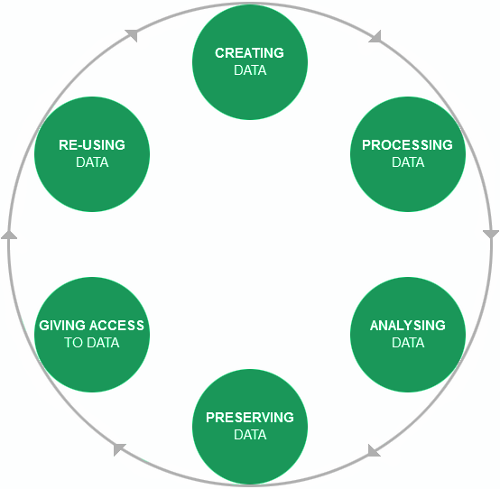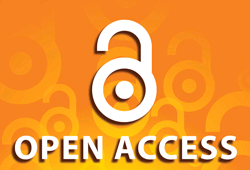This lunchtime I ran a workshop around research data management for projects in international education in the Faculty of Education and Language Studies and the International Development Office.
The session covered all aspects of research data management from creation to sharing; we looked specifically at the UK Data Archive research data lifecycle model and the actions and procedures needed at the different stages of a research project.

The UK Data Archive research data lifecycle
There was lots of interesting discussion, particularly around barriers to the open sharing of research. While most people in attendance agreed in principle with the idea of open data, the practicalities around acquiring informed consent, especially from research participants in developing countries who have no concept of the implications of data sharing and re-use were seen as a major ethical barrier to data sharing. This is an interesting issue, and perhaps the answer (as one of the attendees suggested) is in taking responsibility for the rights and privacy of your research participants who do not always fully understand what they are agreeing to.
The group are hoping to produce a set of guidelines which will allow anyone starting a new project to easily assign responsibilities, tasks and procedures for research data management. I hope that this workshop proved a useful starting point for discussing the issues involved in RDM and the ways in which current practice could be improved.
Slides from this workshop are available here: RDM workshop FELS/IDO
If you are interested in running a similar session in your faculty or research group please email me at: rdm-project@open.ac.uk



